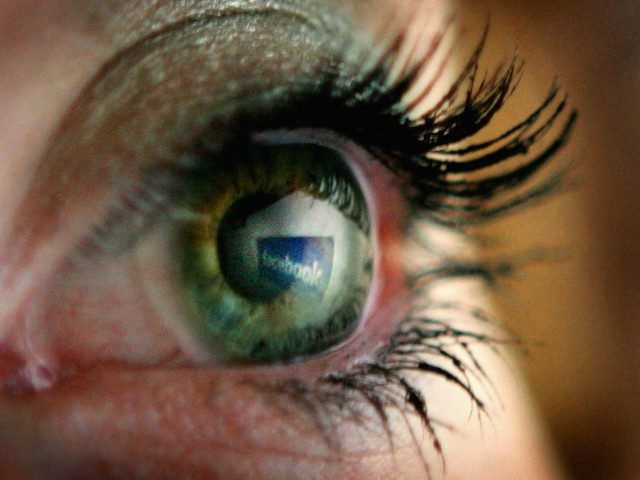After patenting eye-tracking technology, Facebook did not rule out user eye-tracking in the future when providing responses to Congress — it instead explained that eye-tracking can “reduce consumer friction.”
In response to a question which asked about the eye-tracking patents, and how Facebook plans to use such technology, the company replied, “Like many companies, we apply for a wide variety of patents to protect our intellectual property.”
“Right now we’re not building technology to identify people with eye-tracking cameras. However, we’re always exploring how new technologies and methods can improve our services, and eye-based identification is one way that we could potentially reduce consumer friction and add security for people when they log into Oculus or access Oculus content,” Facebook declared. “If we implement this technology in the future, we will absolutely do so with people’s privacy in mind, just as we do with movement information (which we anonymize in our systems).”
Facebook, however, refused to answer additional questions about the technology, instead deferring Congress to the previous answer.
Additional questions which Facebook refused to answer included: “Will users be fully aware that their eyes and emotions are being tracked?”; “Is Facebook confident is has the proper data security in place to have this intimate level of data on users?”; and “If a person focuses on an image of say, a propaganda image of immigrants, will this technology deliver more of this content?”
Facebook avoided answering dozens of questions from Congress following the hearings in April, deferring specific questions from Sen. Ted Cruz (R-TX) to other generic answers at least 69 times.
Charlie Nash is a reporter for Breitbart Tech. You can follow him on Twitter @MrNashington, or like his page at Facebook.

COMMENTS
Please let us know if you're having issues with commenting.